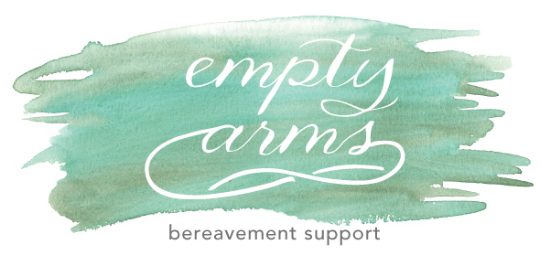Do I miss you every day?
Good parents say they will, they do. They will think of their lost baby, missing son, dead child, each and every day. I don’t know if I do that. I think sometimes I forget. Does it count if you are still a warm spot in my heart, even if I don’t name it? Does it count?
I get busy with your sisters . . . packing lunches for school, making breakfast, socks, shoes, hair, teeth. After I wave them off on the bus I should have time for you, right? But I shift to work, checking email and Facebook. Getting organized. What do I need to do today. And then meeting the bus, library, Brownies, field hockey, . . . I try not to get too busy. I try to remember the lessons you taught me:
Right here is all we have. Right now is all that matters.
I never learned that lesson well. I chafed against it. What about the bills? (The ones I was barely working to pay?) What about saving? And sometimes the right here, right now bogged me down. The dinner and the laundry and the groceries and the messages that need a response …
We tapped into the small cushion we had. We watched it ebb away, knowing that we would not be rebuilding it any time soon.
So much got drained. The small savings Brian had. The savings account I had built for my maternity. Our emotional reserves. The currency between us. That space you filled in my body. The space you took hold of my heart.
I felt the emptiness after you left, but it wasn’t really empty. You’re here but not. You’re missing but always with me—even if I don’t think about you actively. You don’t need my thought. You don’t need me wondering if you need speech. You don’t need me to schedule a dentist appointment for you. You don’t need me to help you figure out your big hurt feelings or settle you when you have “bad thoughts” at night. You don’t need me, but for so long I needed you. I needed to find out how to hold on and let go. I’m still figuring it out. I’m not sure I ever will.
Every morning, I turn off the memory lamp—the last one still working of the three we received when you died. I light it each night as the darkness gathers. It lights our way through the house to the bathroom at night. It stays on a reminder that there was always light, even in the darkest days. I used to have one of the lights in the window. If we went out in the afternoon, I’d light it, even if it was early, because in the earliest days, I couldn’t stand to come back to a dark house. If I forgot, we’d turn the corner to home, and I’d deflate, drained again.
These days, the turning on and off of the lamp is sometimes reflexive. But some days, still, I stop and look at your picture next to it. “Hi, Bud,” I whisper.
I need people to know about late grief. It’s not dramatic like early grief. It’s not (usually) a torrent of tears, visiting the grave, a release of balloons. It isn’t staying in bed or calling in sick or bailing out. It isn’t the exhaustion of the early days or the constant triggers. I’ve gotten to this place where I can talk without crying, where “how many kids do you have?” or “how old are your kids?” don’t drain me. I welcome a chance to remember, a chance to be Henry’s mom. So much has changed. We get to this place we call OK, getting through it, moving on.
Moving on doesn’t mean forgetting. It doesn’t mean all better. It’s more nuanced than that. It’s quieter, more internal. And because we’re supposed to “get over it,” because we’re supposed to stop crying and talking about it, often we do. And because the intensity is less, we stop needing to talk about it every day, blog about it, write about it, just as we eventually stop crying every day. And yet, we’re not done.
What does late grief mean? It’s so much harder to explain. I’m better. I’m whole and always missing something. Henry’s not here and he never goes away. Even if he isn’t at the forefront of each and every minute, even if I don’t actively think about him every day.
